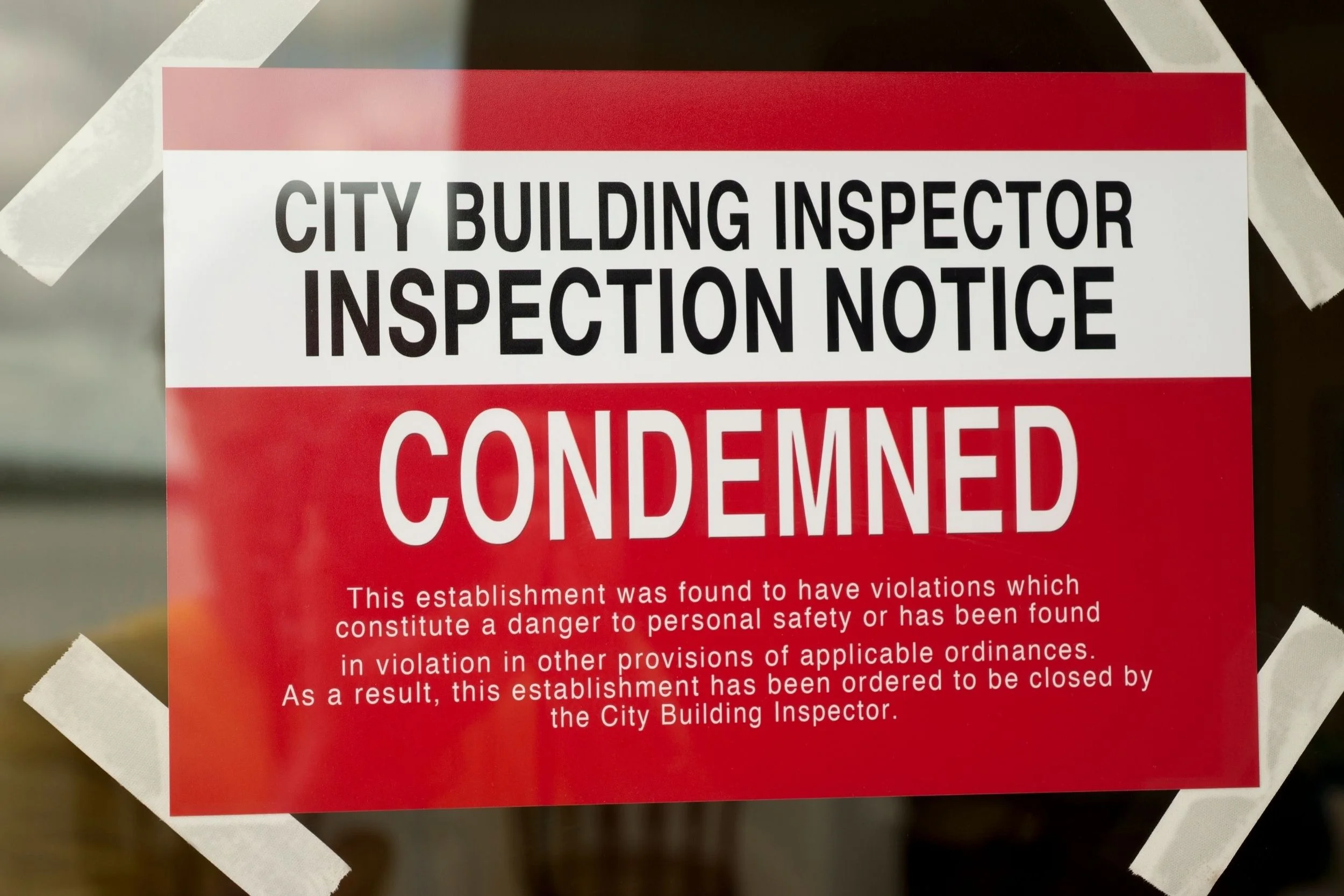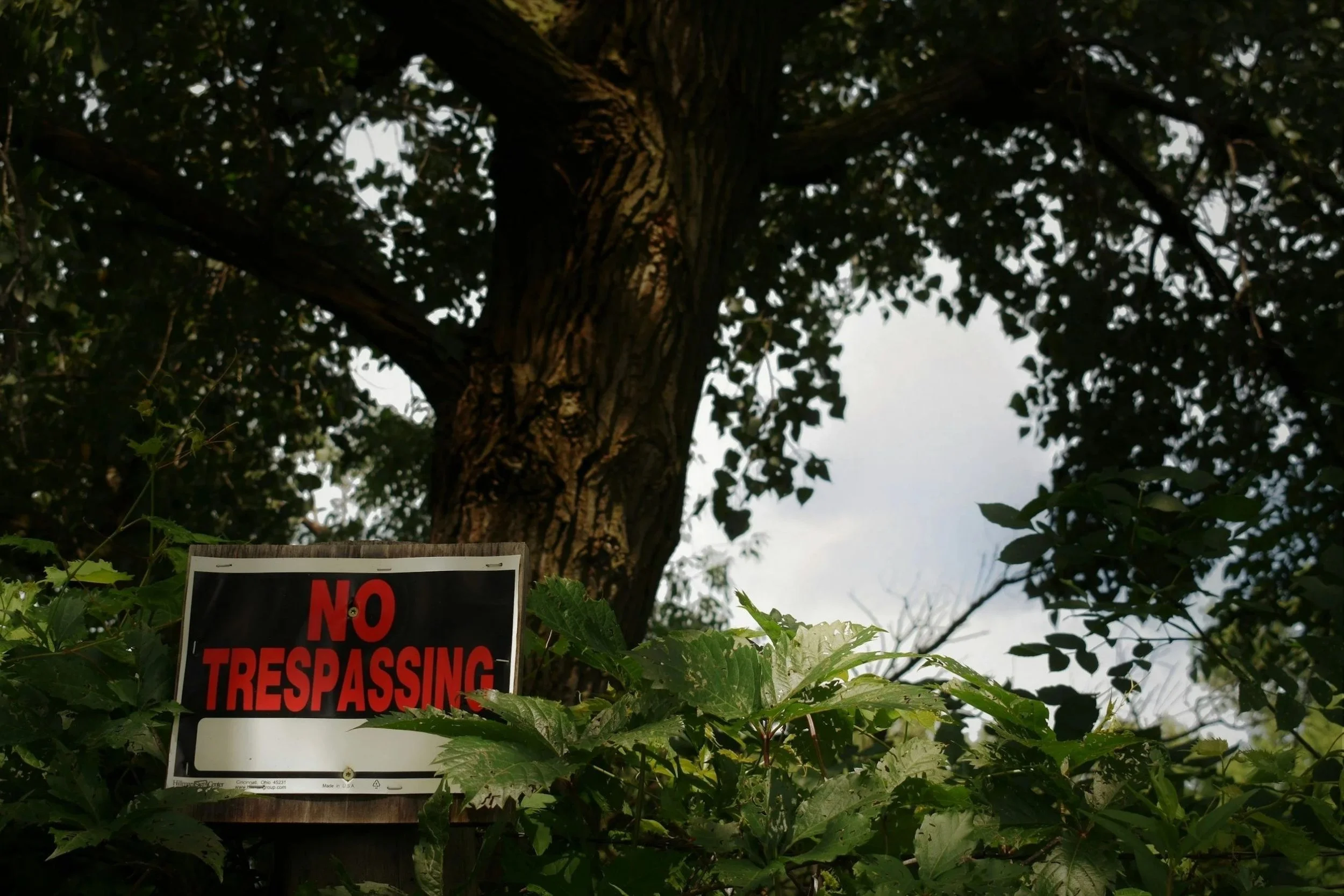HOA Enforcement in Ohio: What Board Members Legally Can and Can’t Do
Enforcing community rules is a core responsibility for HOA and condo boards. In Ohio, boards have the authority to issue fines, but only when enforcement follows the law. In this article and video, Attorney Rachel Kuhn breaks down how enforcement assessments (fines) work for Ohio condominium and homeowners’ associations. You’ll learn what notices must include, how hearings work, and what to do if fines aren’t enough.
Board Enforcement Powers
Condominium and homeowners’ association Boards are tasked with numerous powers and duties. One of these duties that I am asked about the most is the power to enforce the Declaration, Bylaws and Rules of the Association against non-compliant owners. Board members often ask whether they can “fine” owners who are not following the rules. The short answer to that question is yes.
Legal Authority for Enforcement in Ohio
In Ohio, a board’s specific enforcement authority will be set forth in the association’s governing documents, as well as in either R.C. 5311.081 (for condominiums) or 5312.11 (for homeowners associations). These two provisions set forth a very specific procedure that must be followed properly, in order to take action against an owner.
Required Notice Before Imposing a Fine
Prior to imposing a charge for damages or an enforcement assessment (the legal term of “fine”), the Board shall give owners a written notice. This written notice must include:
A description of the property damage or violation;
The amount of the proposed charge or assessment;
A statement that the owner has a right to a hearing before the board of directors to contest the proposed charge or assessment, and the procedures to request a hearing;
A reasonable date by which the unit owner must cure the violation to avoid the proposed charge or assessment.
Owner’s Right to a Hearing
If the owner does not request a hearing within ten days of receiving the notice, their right to a hearing is waived, and the Board may immediately impose the damages or enforcement assessment on their account.
If the owner requests a hearing within ten days after receiving the notice, charges may not be imposed prior to the hearing. The Board must schedule a hearing (and provide notice to the owner), hold the hearing, and then provide the owner with the Board’s decision.
Consequences of Not Following Procedure
If these procedures are not followed, it gives the owner grounds to challenge the enforcement assessment, regardless of how clear-cut their violation may be.
Setting Reasonable Enforcement Assessments
Generally, the amount of the enforcement assessment is up to the Board’s discretion, but it should be reasonable. It is a good practice to adopt an enforcement policy and procedure that can be distributed to all owners and followed. This helps avoid accusations of selective enforcement.
Next Steps When Fines Don’t Work
If imposing enforcement assessments on the owner does not achieve compliance, the Board should seek advice of legal counsel as to the next step. In some cases, the Board may be able to enter onto the owner’s property and address the violation. Often, a letter from an attorney can help achieve compliance. If not, a lawsuit can be filed against the owner for not only compliance, but payment of all enforcement assessments and other charges. In most cases, the non-complying owner is also responsible for all of the Association’s legal fees.
Need Help with Enforcement?
If your Board needs assistance in putting together an enforcement policy that complies with your Declaration, Bylaws and Ohio law, or is in need of guidance in taking enforcement action against an owner, please contact my office. I’m happy to help.
About the Author
Attorney Rachel Kuhn is a seasoned real estate and litigation attorney with over ten years of experience representing clients in property disputes, zoning matters, and nonprofit governance. Rachel is dedicated to delivering practical legal solutions to individuals, businesses, and organizations throughout Northeast Ohio. Learn more about Rachel Kuhn.
This blog post is for informational purposes only and does not constitute legal advice. Reading this post does not create an attorney-client relationship. For personalized guidance, please consult with a licensed Ohio attorney
Before imposing an enforcement assessment, Ohio law requires boards to provide written notice and a fair hearing opportunity. Discover the essential procedures every HOA board member should know.
When a real estate contract falls through in Ohio, both buyers and sellers have rights and remedies. Learn what compensation may be available and how to protect your investment.
Unmarried couples in Ohio face unique legal challenges when sharing a home. Discover how a formal agreement can safeguard your interests and prevent disputes.
Haunted houses may be fun to talk about, but the real scares in Ohio real estate come from hidden defects and legal disputes. Protect yourself by understanding your disclosure duties before buying or selling a home.
From inflatable ghosts to blinking lights, seasonal displays often spark questions about rules and enforcement. Attorney Rachel Kuhn shares practical solutions for HOA boards navigating holiday decoration disputes.
Being a landlord in Northeast Ohio comes with legal responsibilities and practical challenges. This guide outlines best practices to help you stay compliant and protect your investment.
Dividing real estate in divorce or ending a property partnership in Northeast Ohio can be complex and emotionally charged. Learn how N.P. Weiss Law helps families and co-owners protect their interests when family law and real estate law intersect.
Nuisance laws in Northeast Ohio protect your right to peace and quiet at home. Learn how to resolve neighbor disputes and when to seek an injunction for lasting relief.
Community association attorney Rachel Kuhn shares practical strategies to help HOA and condo boards in Northeast Ohio run productive, respectful, and legally sound meetings.
Eviction stuck in Cleveland Housing Court? Learn how landlords in Northeast Ohio can take legal action to move their case forward.
Ohio law requires that LLCs and corporations use a licensed attorney for legal matters like evictions, contract disputes, and code violations. Learn what your business must do to stay compliant.
Land contracts are increasingly popular in Northeast Ohio—but they come with legal risks. Learn what buyers and sellers need to know before signing.
Before you hire a contractor in Northeast Ohio, read this. This article outlines red flags, legal requirements, and when to seek legal help in the greater Cleveland area.
Ohio law gives contractors the right to file liens for unpaid work. This guide explains how to protect your payment rights legally.
Cleveland’s aggressive property enforcement policies can turn unnoticed violations into six-figure judgments. Learn how Ohio real estate investors can stay compliant and avoid costly legal trouble.
If a buyer claims you lied about your home’s condition, don’t panic. This guide explains how Ohio law handles real estate fraud claims and how sellers can protect themselves.
Ohio landlords must include specific information in residential leases to comply with state law. Learn how missing one simple detail could allow tenants to break the lease without notice.
Explore how Cleveland Heights Ordinance 541.05 defines civil and criminal trespass in a recent property dispute involving Mayor Kahlil Seren. Attorney Nick Weiss provides a legal analysis.
Cleveland has revamped its nuisance law to streamline police efforts in managing problematic properties. Discover how these changes impact property owners and what steps you can take to ensure compliance.
In Ohio, sellers must disclose certain information when selling residential property. This guide explains the mandatory disclosures required by law, ensuring transparency and protecting the interests of all parties involved
When a property closing doesn't go as planned, Ohio courts offer legal remedies to enforce the agreement. Learn how you can sue for breach of the purchase agreement and seek specific performance to protect your interests.
Planning a home remodeling or repair project in Ohio? As of January 1, 2025, a new law requires contracts for projects costing $25,000 or more to meet specific requirements, ensuring clearer agreements and better protection for homeowners.
Living next to a troublesome neighbor can be a challenging experience. If your neighbor’s actions are causing you significant distress or harm, you may need to file an injunction complaint to seek legal relief.
In Ohio, if you have an interest in a property undergoing foreclosure, it's crucial to assert your interest promptly to protect your rights. Learn the steps to take and how to ensure your claims are considered by the Court.
Steps landlords can take when a tenant files for bankruptcy during an eviction action in Ohio, and how to navigate the complexities of the legal process.
The Ohio government has made it easier to sue contractors for bad work on homes, but the amount of money you can get from suing them is now less.
Beginning back on February 6, 2024, if you purchase a property in Cleveland, the seller is required to provide a special certificate that will inform you of any issues with the property, such as whether it has been flagged by the City of Cleveland for lead-related concerns.
When you hire a homebuilder, they must do a good job. This means they need to work like any skilled worker would.
Fraudulent misrepresentation happens when someone lies about an important fact, and another person believes this lie and gets hurt because of it.
Rachel Kuhn is a real estate and community association attorney serving clients across Northeast Ohio. Her practice includes litigation, transactional work, landlord-tenant law, and board representation for condominium and homeowner associations. Rachel is known for her strategic approach, responsiveness, and deep understanding of property law, regularly advising clients on governance, compliance, and dispute resolution before local boards and commissions.































Cleveland Housing Court recently removed the requirement to attach rental registration documents when filing an eviction. Discover how this update will simplify the process and reduce delays for landlords.